What is a good H.E.R.S. Score?
iamweasel
10 years ago
Featured Answer
Sort by:Oldest
Comments (21)
LuAnn_in_PA
10 years agoiamweasel
10 years agoRelated Professionals
Arvada Architects & Building Designers · Doctor Phillips Architects & Building Designers · Hockessin Architects & Building Designers · Griffith Home Builders · Kaysville Home Builders · Rossmoor Home Builders · South Hill Home Builders · Syracuse Home Builders · Vista Park Home Builders · Genesee General Contractors · Henderson General Contractors · Lakewood General Contractors · Overlea General Contractors · Palatine General Contractors · Westminster General Contractorsenergy_rater_la
10 years agopbx2_gw
10 years agoiamweasel
10 years agokam76
10 years agoview_west
10 years agoenergy_rater_la
10 years agoview_west
10 years agoEpiarch Designs
10 years agoenergy_rater_la
10 years agoNickC33
10 years agoEpiarch Designs
10 years agoJoe Federer
6 years agoDavis Bennett
6 years agoSummit Studio Architects
6 years agoDavis Bennett
6 years agoJoe Federer
6 years agoDavid Cary
6 years agoworthy
6 years ago
Related Stories

BUDGET DECORATINGPop Culture Watch: Get a Good Rap With Thrift Store Scores
Eight rooms that rock secondhand finds, in an ideabook inspired by rappers taking YouTube by storm
Full Story
GREEN BUILDINGInsulation Basics: Heat, R-Value and the Building Envelope
Learn how heat moves through a home and the materials that can stop it, to make sure your insulation is as effective as you think
Full Story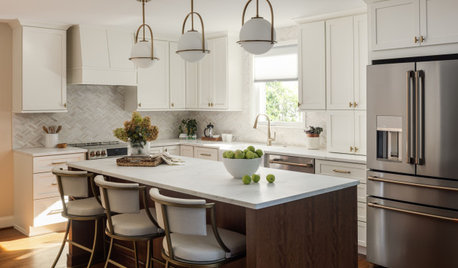
MOST POPULAR5 Remodels That Make Good Resale Value Sense — and 5 That Don’t
Find out which projects offer the best return on your investment dollars
Full Story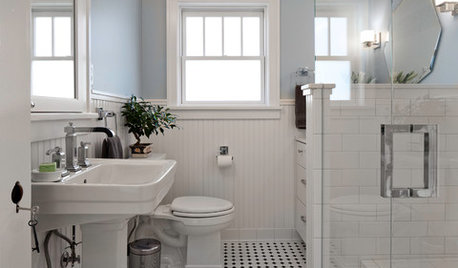
BATHROOM MAKEOVERSRoom of the Day: Craftsman Bathroom Gets Its Good Looks Back
A bathroom renovation in a century-old home combines era-appropriate style with updated touches
Full Story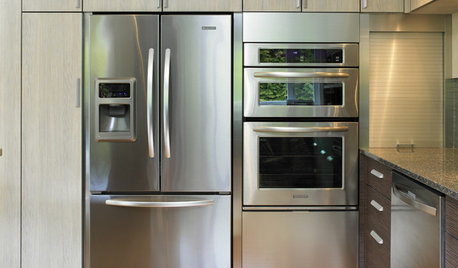
LIFEA Savvy Shopper's Secrets to Sales
Kelly Hancock knows a good deal when she sees it. Here's how she saves up to 75 percent off everything
Full Story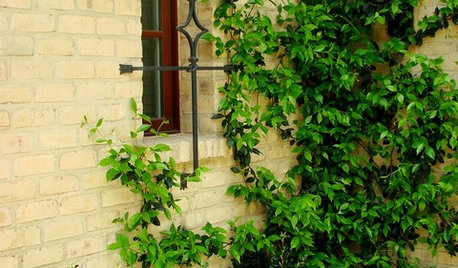
LIFEHow Your Landscaping Can Keep Burglars Away
Prevent home break-ins with strategic landscaping and good practices instead of menacing — and maybe less effective — measures
Full Story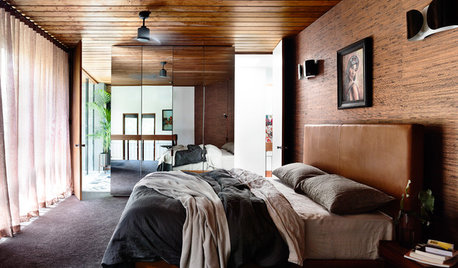
FEEL-GOOD HOMEThe Pros and Cons of Making Your Bed Every Day
Houzz readers around the world share their preferences, while sleep and housekeeping experts weigh in with advice
Full Story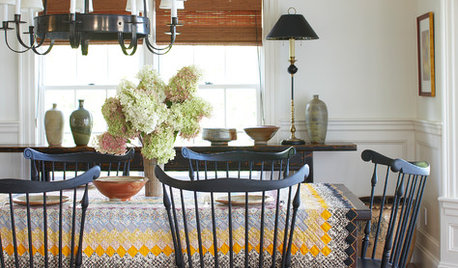
DECLUTTERINGEscape the Inheritance Trap: What to Do With Sentimental Pieces
Too meaningful to toss but too hideous, precious or unusual to display? These ideas can help
Full Story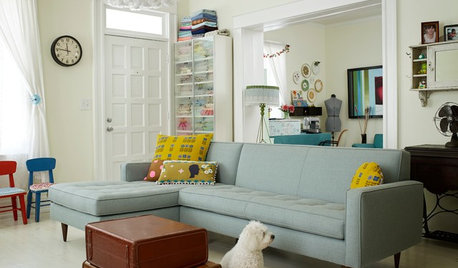
FURNITUREWhy It's OK to Hate Your New Custom Sofa
It takes time to get used to bold new furniture, but dry your tears — the shock can be good for you. Here's what to expect
Full Story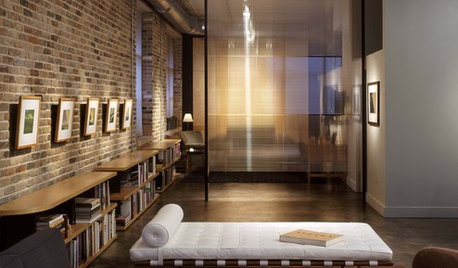
MATERIALSMaterials Workshop: Polycarbonate — a Low-Cost Alternative to Glass
Looking for something lighter, stronger and less expensive than glass? Multiwall polycarbonate may be a good option
Full Story





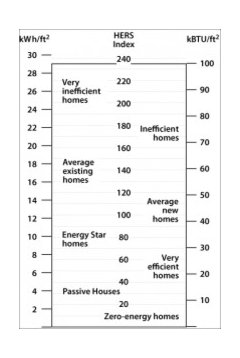
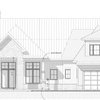
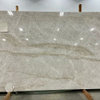

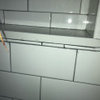
johnnywill